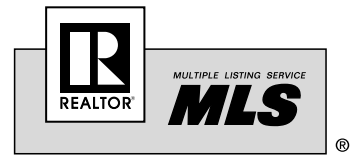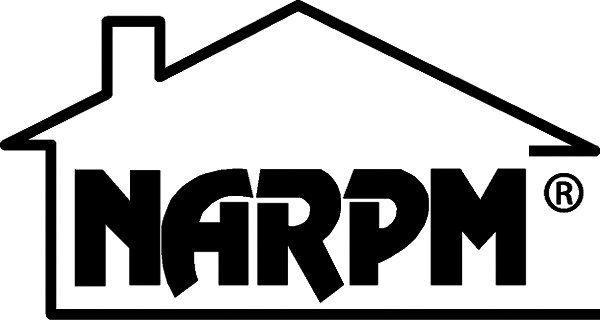How to Avoid Rental Scams and Spot Fake Listings Before You Apply

Searching for a rental home in San Antonio can be exciting, but it also comes with risks. Fake listings and rental scams are becoming increasingly common, with fraudsters using convincing photos, low prices, and fake applications to trick potential tenants. Before you pay an application fee or share personal details, it is important to know how to tell if a rental is legitimate. These expert tips from Bluebonnet Property Management will help San Antonio renters verify listings, avoid scams, and rent with confidence.
Why Rental Scams Are on the Rise
In today’s digital world, finding your next home often starts online. Unfortunately, so do many scams. Fake rental listings, copied property photos, and fraudulent application fees have become increasingly common, especially in competitive housing markets. Scammers take advantage of renters eager to move quickly by asking for deposits or application fees before verifying the property’s legitimacy. Once payment is made, the listing vanishes, and so does the scammer.
At Bluebonnet Property Management, we help renters and owners across Texas stay informed, so you can feel confident your next rental transaction is safe and legitimate.
Common Signs of a Rental Scam
Keep an eye out for these red flags before you share personal information or send money:
- Too-good-to-be-true pricing: If the rent is far below market value, there’s usually a reason—and it’s rarely good.
- Pressure to act fast: Scammers use urgency to stop you from doing your homework.
- No in-person showings: Legitimate landlords or managers will allow you to view the property, either in person or virtually.
- Requests for payment via cash, Venmo, or gift cards: Professional companies use secure payment portals, not peer-to-peer apps.
- Poor grammar or vague communication: Messages that seem off, overly generic, or come from multiple email addresses should raise concern.
- Inconsistent listing details: Double-check that the rental price, address, and contact info match across different listing sites.
How to Verify a Rental Listing Is Legitimate
Before paying any fees or submitting your application, take these simple steps to confirm the property is real and managed by a legitimate company:
✅ Search the address online. Look for the same property on multiple rental platforms and the county appraisal district site to ensure ownership details match.
✅ Contact the property management company directly. Visit their official website (like bluebonnetpm.com) to verify contact numbers and property listings.
✅ Avoid third-party “agents.” If someone claims to represent the landlord but won’t verify their connection, it’s best to walk away.
✅ Request a copy of the lease or management agreement. Legitimate landlords and property managers will have professional documentation ready to review.
✅ Check reviews and licensing. Real management companies are registered businesses with an online presence and verifiable credentials.
What To Do If You Suspect a Scam
If something feels off, it probably is. Protect yourself by:
- Reporting the listing to the platform (Zillow, Facebook Marketplace, Craigslist, etc.)
- Contacting your local police department’s fraud division
- Filing a report with the Federal Trade Commission (FTC) at reportfraud.ftc.gov
- Warning others by leaving reviews or comments on rental-listing forums
How Bluebonnet PM Protects Tenants and Owners
At Bluebonnet Property Management, all of our listings are verified, licensed, and handled through secure, transparent systems. We:
- Only advertise on trusted rental platforms
- Provide clear documentation and secure online application links
- Never ask for cash, wire transfers, or payments through apps
- Offer verified showing options with licensed agents
Our goal is to make renting safe, simple, and stress-free, for both tenants and property owners.
Smart Steps to Stay Safe
- Never pay an application fee or deposit without verifying the property and management company.
- Cross-check listings and avoid anyone who pressures you to act fast.
- Use trusted, professional companies like Bluebonnet PM for your rental needs.
Rental scams can happen anywhere, but San Antonio renters can protect themselves by staying alert and working with trusted professionals. Bluebonnet Property Management offers verified rental listings, secure application processes, and responsive support to ensure every tenant and property owner has peace of mind. If you are searching for a home or need reliable property management in the San Antonio area, contact Bluebonnet Property Management today to get started.







